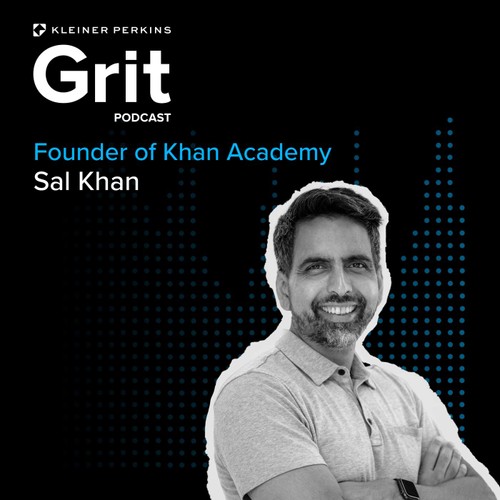
 Grit
Grit #216 Founder Khan Academy, Sal Khan: Dangerously Curious
Nov 11, 2024
In this engaging discussion, Sal Khan, founder of Khan Academy, shares his journey from hedge fund analyst to educational innovator. He highlights the transformative potential of AI in personalized learning and emphasizes the need for education to disrupt itself continuously. Sal delves into the ethical challenges of monetizing educational resources while maintaining a nonprofit mission. He also introduces Khanmigo, an AI tutor designed with empathy to enhance learning experiences, and reflects on the meaning of grit in his work.
AI Snips
Chapters
Books
Transcript
Episode notes
Early Funding
- Sal Khan was living off savings, working from a closet, when Ann Doerr gave Khan Academy a $10,000 donation.
- After learning Khan wasn't paying himself, Doerr immediately sent $100,000, a pivotal moment for Khan Academy.
Khan Academy's Mission
- Khan Academy aims to be a global education safety net, providing free, world-class education to anyone, anywhere.
- It supplements traditional schooling by offering personalized learning and filling educational gaps.
*Emotional Fortitude *
- Entrepreneurship is an emotional rollercoaster, with existential stress in the early days and constant ups and downs.
- Staying motivated requires focusing on the value created and detaching from outcomes.





